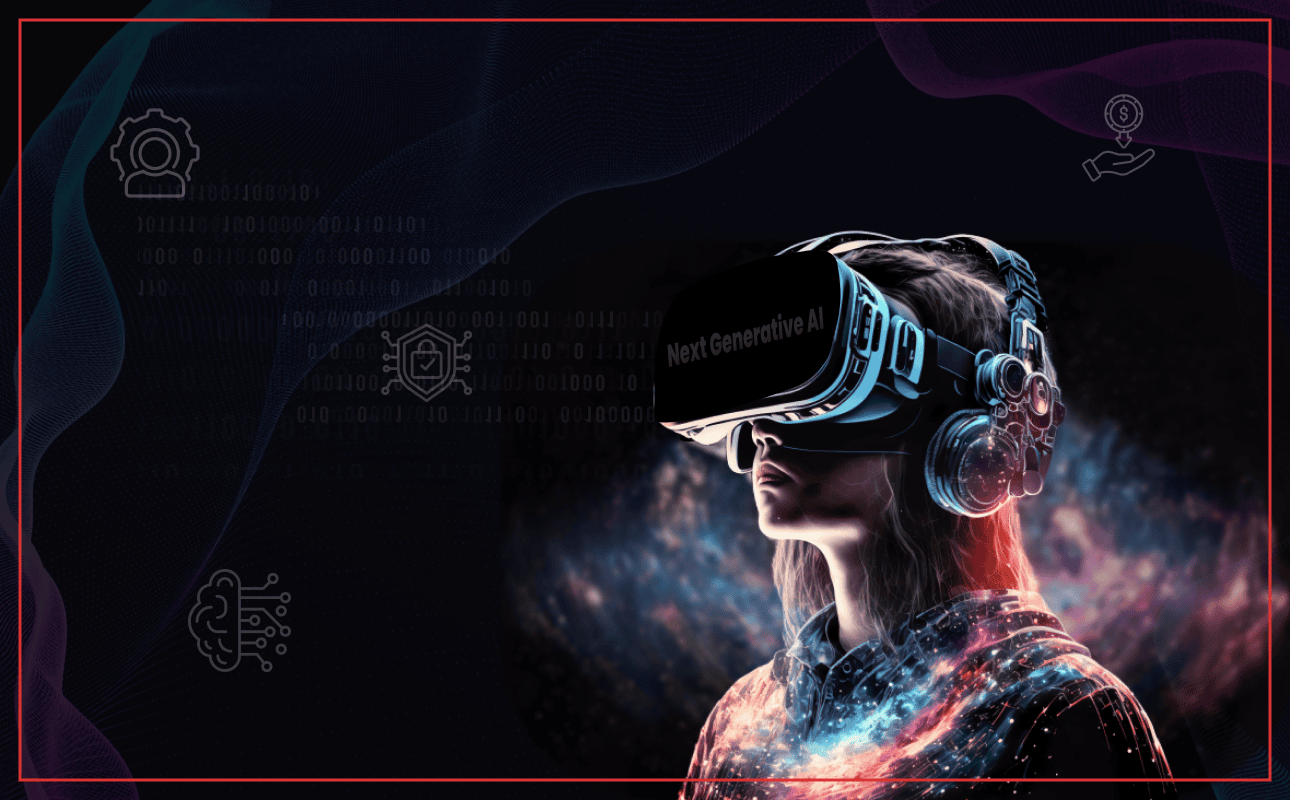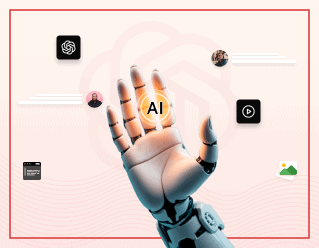People who have realized the potential of AI, especially Generative AI, have just seen the tip of the iceberg. In fact, it has become a powerful business tool that is used across multiple living industries for industrial automation.
Generative AI development has reshaped the way global businesses engage with customers. From helping developers write code to assisting doctors in diagnostic processes, from creating marketing content to designing new molecules for drug discovery – the technology has proven its worth in countless applications. Even a top Generative AI development company would recommend their clients to adopt these magnificent GenAI solutions.
But if this is just the beginning, there are many questions we ask ourselves and others quite often:
- What comes next?
- Will AI replace creative professionals?
- How will it reshape industries beyond content creation?
- In which direction are we, the people, going?
Let us take a quick look at how Generative AI will continue to scale up. We will also learn the modern challenges it must overcome and some majestic ways it will transform businesses.
But first, let us summarize the ongoing state of the play.





